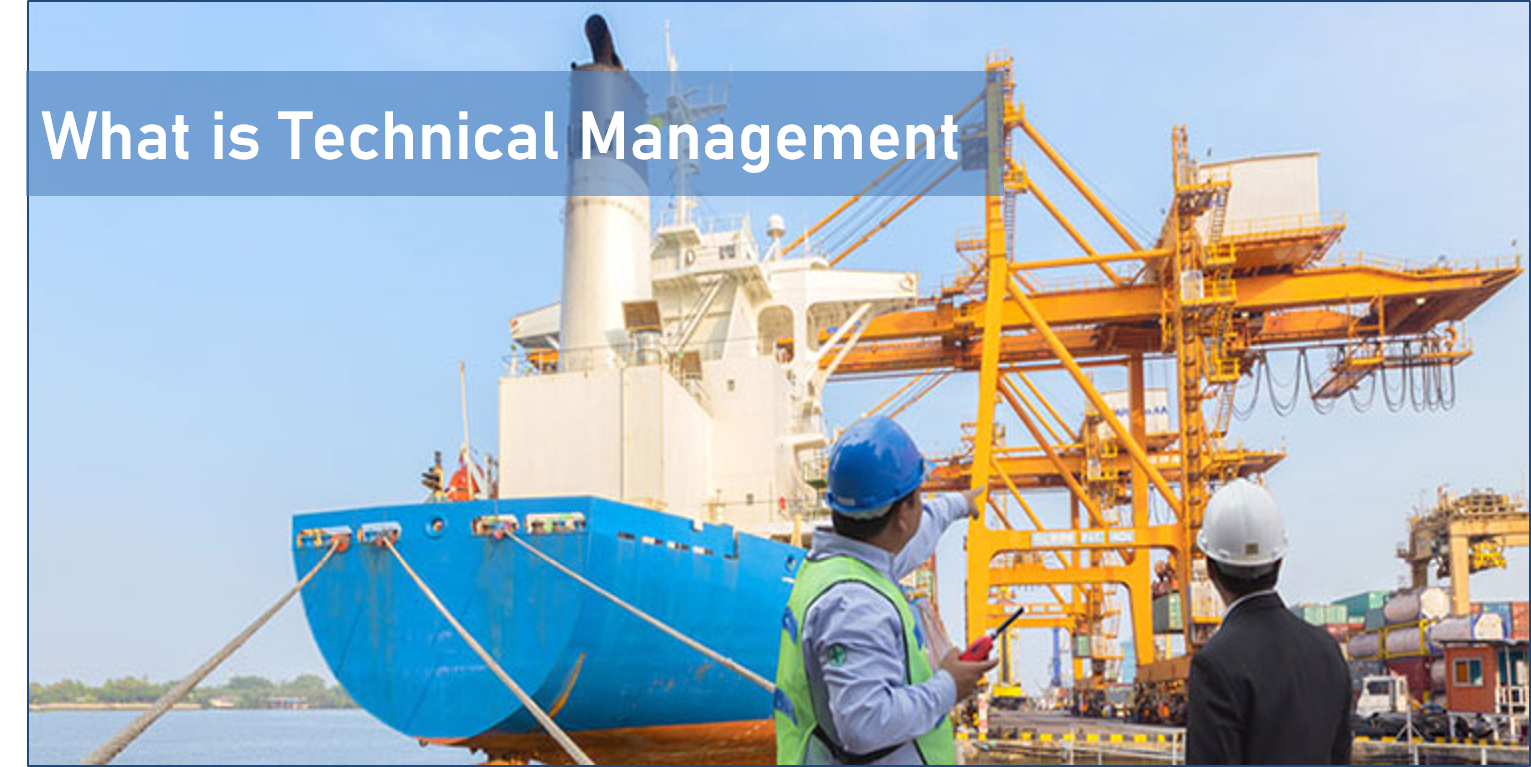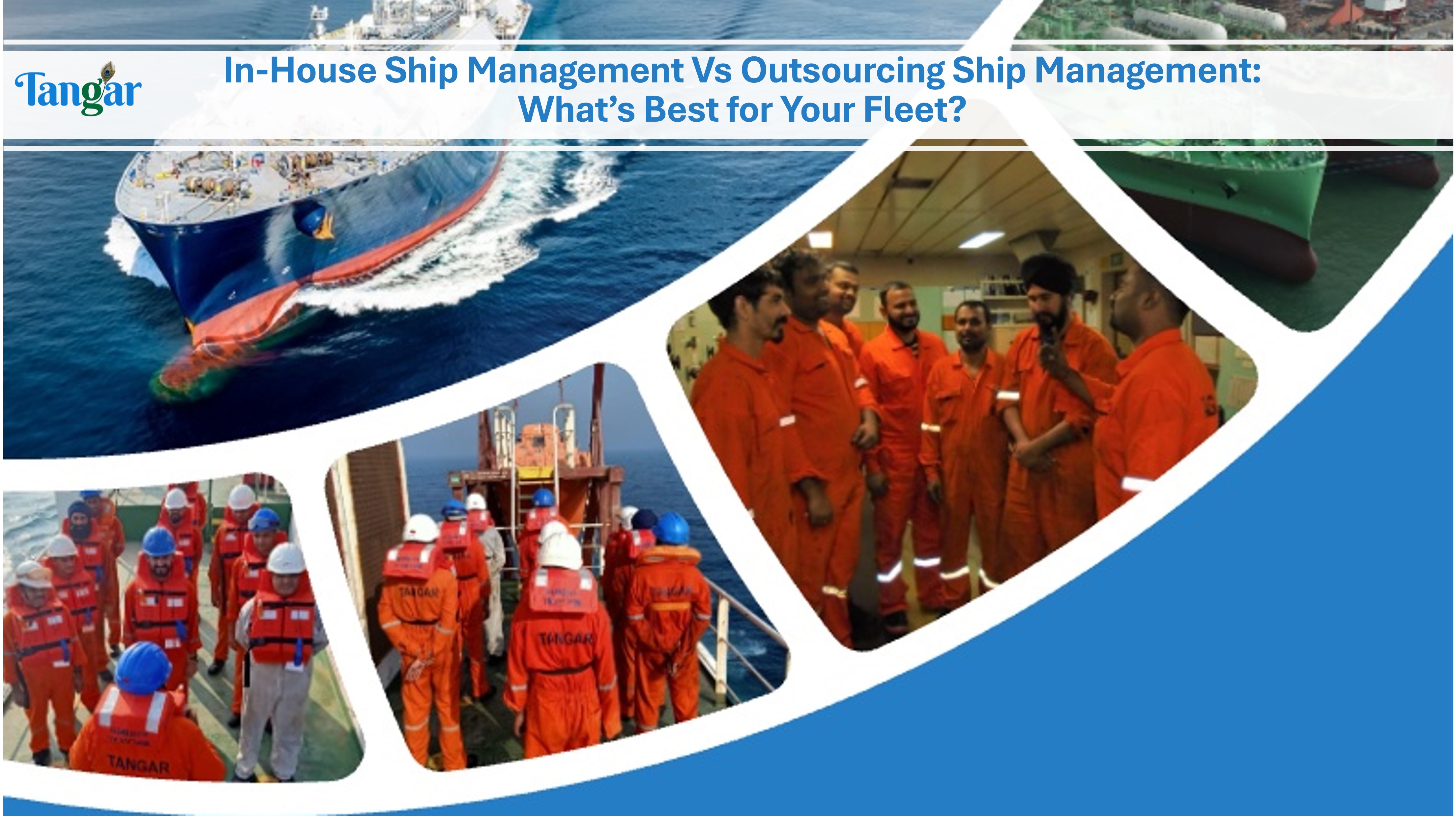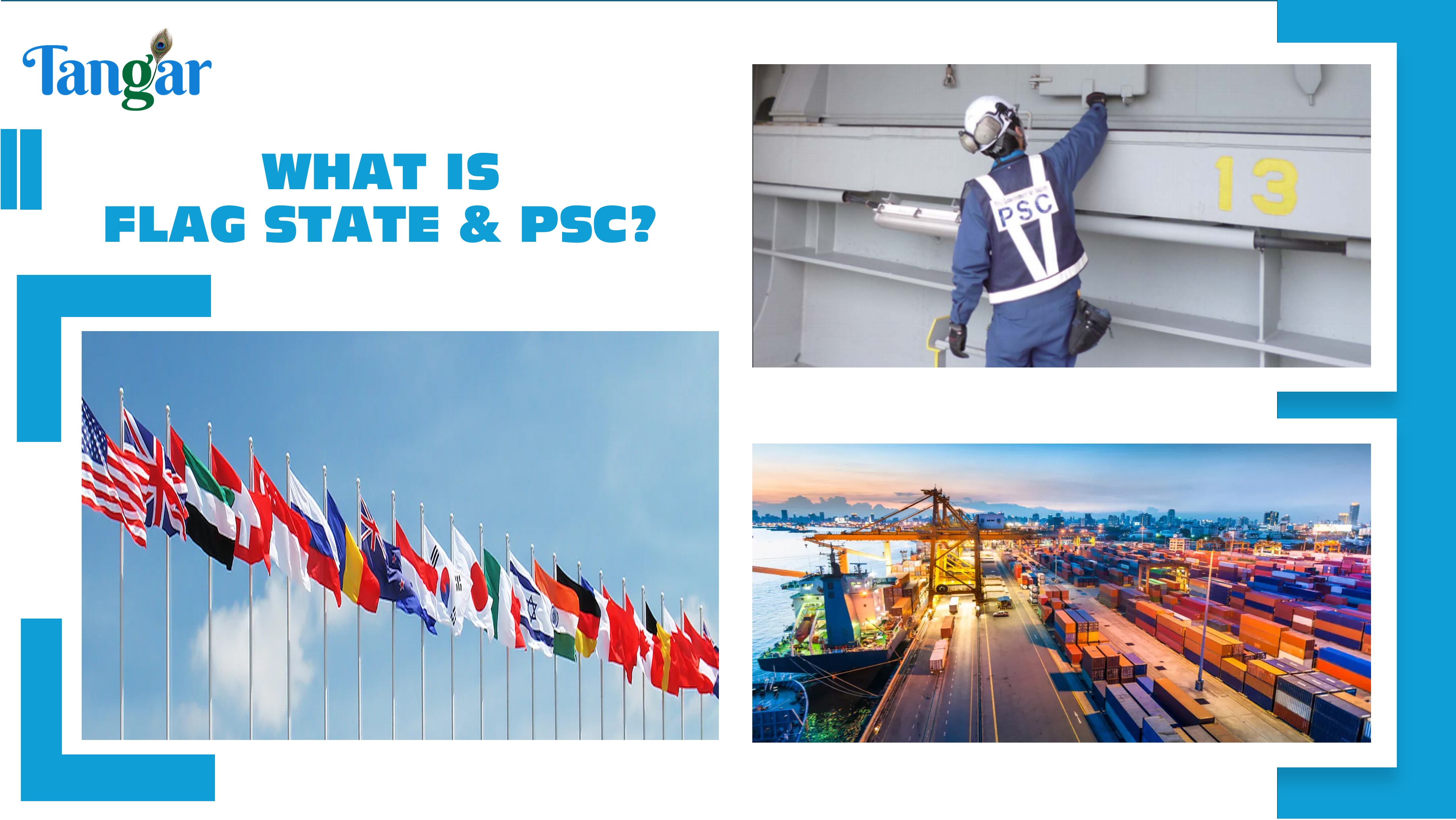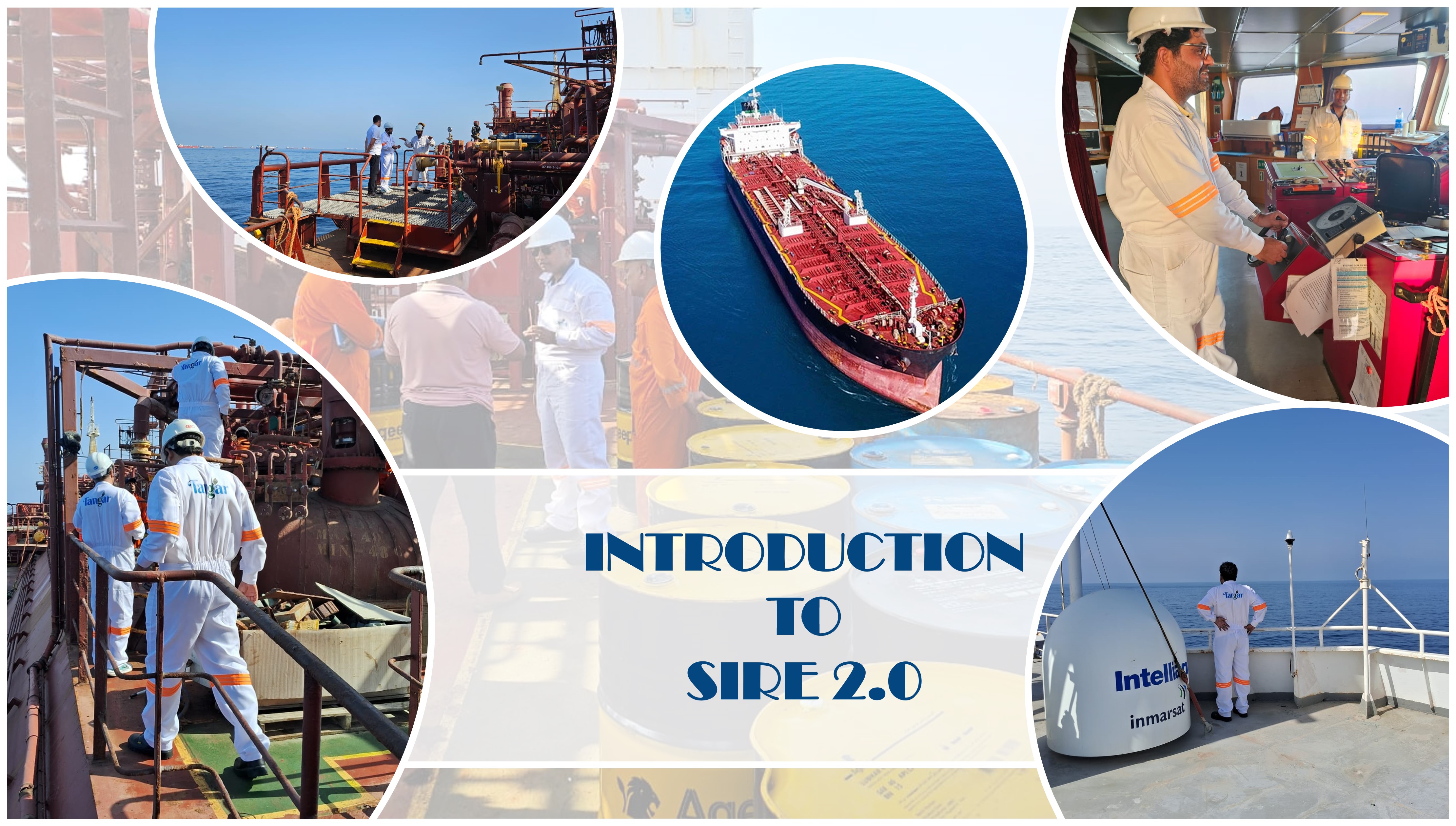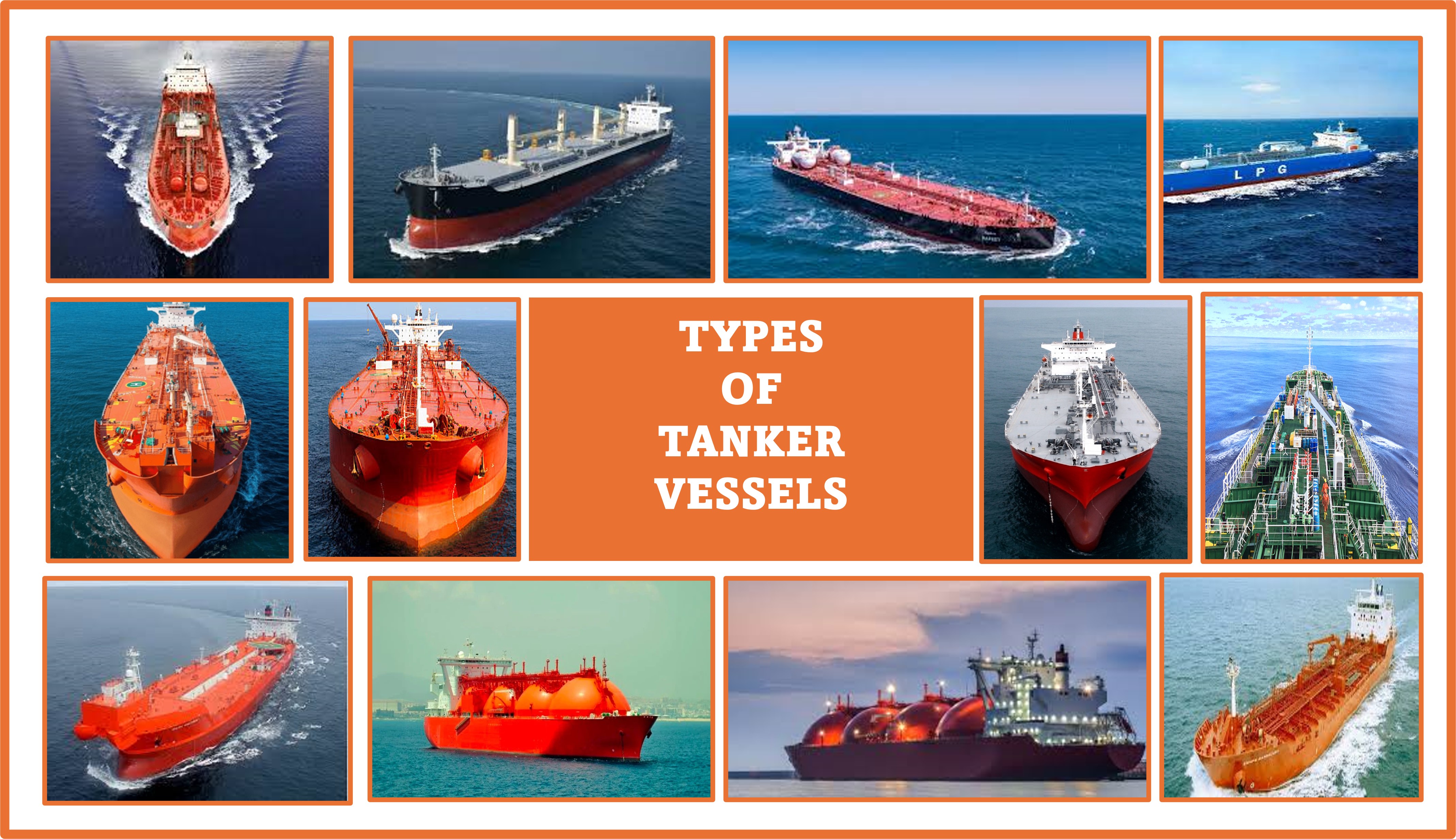
Maritime Labour Convention (MLC), 2006
Understanding the Maritime Labour Convention (MLC), 2006: A Guide to Seafarers' Rights
This blog covers only MLC 2006, Amended version of MLC 2006 which will be adopted from 24 Dec 2024 will be covered in our next Blog.
MARITIME LABOUR CONVENTION, 2006 - The General Conference of the International Labour Organization, having been convened at Geneva by the Governing Body of the International Labour Office, and having met in its Ninety-fourth Session on 7 February 2006.
Desiring to create a coherent instrument embodying as far as possible all up-to-date standards of existing international maritime labour Conventions and Recommendations.
The International Labour Organization (ILO) created the historic Maritime Labour Convention (MLC) 2006, known as the Seafarers' Bill of Rights. By guaranteeing equitable treatment and fostering well-being in the maritime sector, it establishes international standards for the living and working conditions of seafarers. The MLC has significantly shaped the rights and responsibilities of the maritime workforce since its adoption in 2006.
The MLC 2006's Objective
Over 65 international labour standards pertaining to the maritime industry are updated and consolidated in the MLC 2006. It seeks to:
- Protect the rights of seafarers while balancing the interests of shipowners.
- Establish uniform minimum working and living conditions for all seafarers globally.
- Simplify the maritime regulatory framework by providing a single, coherent document.
Important Aspects of the MLC 2006
The Convention is structured around five main titles:
Title 1. Minimum requirements for seafarers to work on a ship.
- The minimum age is 18 years for dangerous jobs and 16 years for general labour.
- Medical fitness: Current medical certifications are required for all seafarers.
- Education and credentials: Adherence to global safety regulations.
Title 2. Conditions of employment -
-
- Employment agreements must be fair and transparent.
- Seafarers are entitled to a monthly payment and regulated hours of work/rest.
- Provision for repatriation, ensuring seafarers can return home at the end of their contract or in emergencies.
Title 3. Accommodation, recreational facilities, food and catering -
-
- Ships must provide clean, safe, and comfortable accommodation.
- Nutritious meals and drinking water must be available, adhering to health standards.
Title 4. Health protection, medical care, welfare and social security protection -
-
- Seafarers must have access to onboard medical care and shore-based facilities.
- Comprehensive health protection, including occupational safety measures.
Title 5. Compliance and enforcement -
-
- Flag states must inspect and certify ships under their registry.
- Port state control can inspect foreign ships to ensure compliance.
Why is MLC 2006 Important?
- Improved Working Conditions:
The MLC safeguards against exploitation, ensuring seafarers have decent wages, sufficient rest, and access to medical care. - Promotes Fair Competition:
By standardizing requirements, the MLC prevents shipowners from cutting corners at the expense of seafarers’ welfare, creating a level playing field. - Enhances Maritime Safety:
Better living conditions lead to improved morale and performance, reducing the likelihood of human error-related incidents.
Challenges in Implementation
Despite its comprehensive framework, implementing the MLC 2006 is not without challenges.
- Flag of Convenience Ships: Some ships registered under flags of convenience might evade full compliance.
- Awareness: Not all seafarers are fully informed of their rights under the MLC.
- Enforcement: Ensuring uniform application of the Convention across different jurisdictions can be complex.
Conclusion
The Maritime Labour Convention, 2006 is a cornerstone of modern maritime law, offering protections that ensure the well-being of those who keep global trade afloat. For seafarers, it is a promise of dignity, fairness, and respect. For shipowners and states, it is a framework for responsible governance and sustainable maritime operations.
As the maritime industry continues to evolve, the MLC 2006 remains a testament to international cooperation and the enduring commitment to safeguard the lives and rights of seafarers worldwide.

